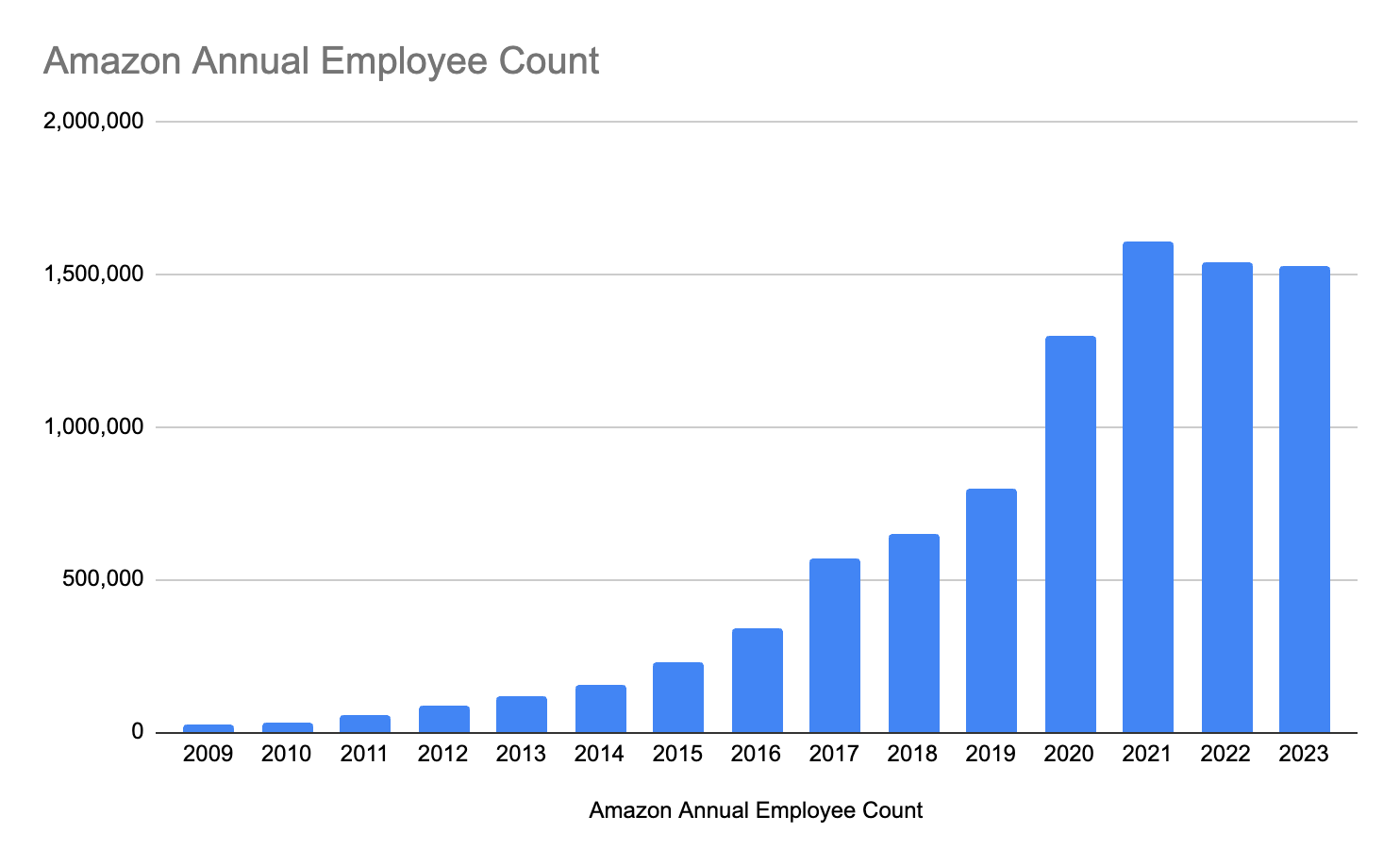People failures are often process failures

Processes are critical to scaling the operations of any startup. But in my experience and observation, many startups struggle to build out smooth processes as they mature. While it’s easy to avoid clear processes and training when you are a team of 10, it becomes harder at 100 and impossible at 1000. Effective processes are especially important for operationally intensive businesses and startups with high regulatory burdens.
And if startups don’t spend enough time creating effective processes, they will start running into issues that look like people problems but are really process problems.
A simple example where processes are needed to scale would be running a support team (which I helped do at one startup). To answer the first few emails, you can do it yourself. Over time though, you need documentation and clear processes on how to handle different issues. At one point, I was helping support a call center of >40 people with thousands of calls/emails a day. There was just no way to make this system run efficiently with clear processes for the team, especially when each month we’d be hiring new people.
Startups are all about hiring the top 1% people
I believe the main reason startups struggle to build out effective processes is a fundamental tension with what makes startups successful and what makes operations successful.
To build a great startup, you have to hire the best people. Having extremely high talent density is a feature of any successful startup (the Netflix book is great on this topic). This often means hiring extremely smart people from the best schools and top companies - people who can be not just 10x engineers but 100x or 1000x engineers (like Brett Taylor).
"He's not even a 10x engineer. He's like, 100x, or 1,000x engineer"
— Kevin Gee (@kevg1412) April 17, 2023
Gmail creator Paul Buchheit on how Bret Taylor once rewrote Google Maps in a single weekend: pic.twitter.com/GJvzPoKVWP
Effective operations = high productivity with average people
In contrast, a sign of an effective operations org is being productive with average people. Consider a company like Amazon. They have ~1.5 million employees, the majority of which work in operations (ex: fulfillment centers). Regardless of your beliefs on Amazon as an employer, they’ve by all accounts built one of the most efficient operating machines in the world at their scale. But they also have a 150% annual turnover rate in their warehouses and hired 250k new workers in a single quarter alone last year.

Amazon doesn’t have successful operations because they hire only Harvard grads or 10x operators by the hundreds of thousands each year. They are successful because they are able to take anyone off the street and make them highly productive by plugging them into the operating machine they built. A lot of this is of course technology, but a lot is also the systems, processes, and training it's created to allow it to scale so effectively. There is simply no way to onboard, train and manage hundreds of thousands of new employees in a quarter without all of this.
Effective operations is about removing ambiguity
Being a successful startup operator is very different from working in a factory. The best people in startups are ones who can handle all the craziness of them. They do well with ambiguity and a lack of structure. They make decisions with incomplete information and can operate autonomously without a lot of supervision. If you can only work well with a clearly defined process, you are not likely to be effective as an early employee.
But effective operations at scale is about removing the ambiguity of day to day operations. This is especially true when you are working with people with very different backgrounds from the typical early tech employee (ex: hiring workers with only a high school degree). When you are hiring a new support team member to reply to emails for your company, you don’t want them to have to think deeply about each interaction and how to respond to customers. It’s better to have a clear process they can follow which can scale easily.
Learning to build process is possible but doesn’t come naturally
Just because early employees at startups fit a different profile than your typical operations hire doesn’t mean they can’t build great processes and training for your operations. But in my experience, it often doesn’t come naturally to this type of hire and can be a struggle for them to build out.
Building processes effectively requires being very organized and interested in the nitty gritty of operations. It tends to be less interesting and “sexy” than a lot of other problems in startups (like product and engineering), so it ends up not exciting most startup employees as much. I can speak from personal experience here: writing long process docs for the support team was not the most fun thing I did each week.
Some of the best people I’ve seen for building processes have a pretty different background from your typical founder or early employee. Maybe they were a program manager or did operations for 10 years before. Operations experience can be helpful for the simple benefit of understanding what “good” looks in an operations organization.
In addition to lack of experience and interest, startup operators can also be bad at building processes because they find it difficult to put themselves in the operations team's shoes. Adam Grant has written about the phenomenon that “experts” are often bad teachers. When it comes to process building, startup operators have often been doing some process for a long time before passing something off to an operations team. Things that are “obvious” that don’t require writing into the process may not be obvious to other people, which often results in operational failures.
I’ve definitely seen some startup operators learn how to build processes effectively, but it’s required them to internalize a lot of the lessons here and learn from their mistakes. I’ve also seen success in pairing people with operations backgrounds with traditional startup operators. This brings the experience of process building and operations and combines it with the first principles thinking that the best startup operators bring in questioning each layer of a process and whether it can change.
People failures are often process failures
The net result of all of this is that as startups grow, they can often run into challenges scaling their operations. In these situations, I find it’s always easy to attribute problems in your operations to people issues when mistakes get made. There’s no doubt that sometimes you have the wrong person in a role. But what I’ve found is that this can sometimes be a crutch for bad processes and systems.
I was recently talking to someone who is running a retail operation for the first time but comes from a tech background. “Man, we’ve had to churn through so many people to find people who can actually do the job well.”
I asked him to say more and he said he’s realized “most people are not that smart” which is why it’s so hard to run things. I’ve heard things like this before, but I think this was an example of “bad processes” not “bad people.” And even if it weren’t, a useful question to ask when mistakes in your operations happen is “how can I further improve this process to make it even more difficult to mess up, either with software/automation or something else?” One startup I was at adopted this mentality and greatly improved their operations as a result.
In an age when so many startups are competing ferociously for the top 1% of talent, focusing on building highly scalable processes for your operations can be a competitive advantage. You still need talent density to be successful, but focusing on building a machine which runs smoothly without 10x operators, not because of them, can set you up for success in the long term.
Thanks to Kasra Koushan for feedback.